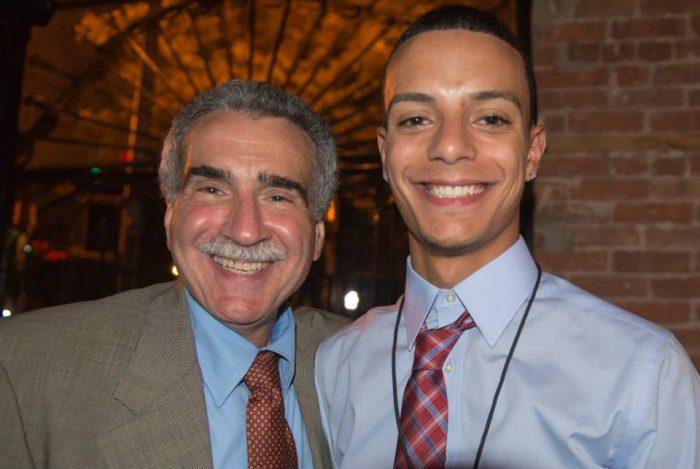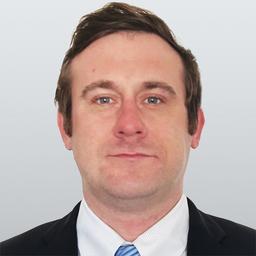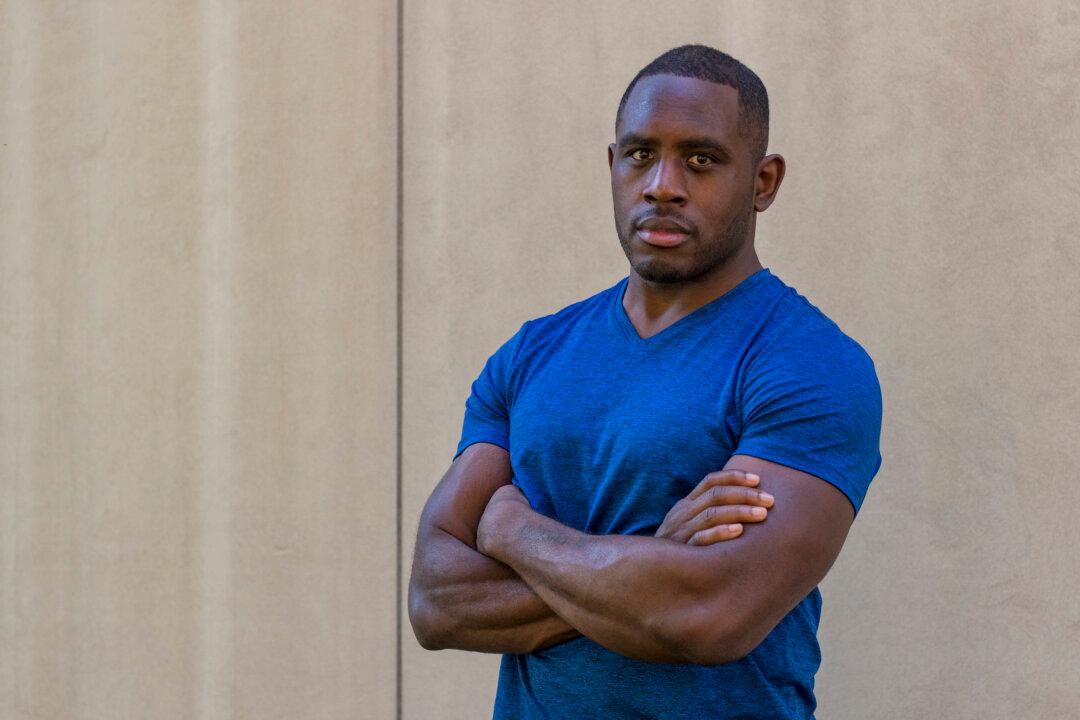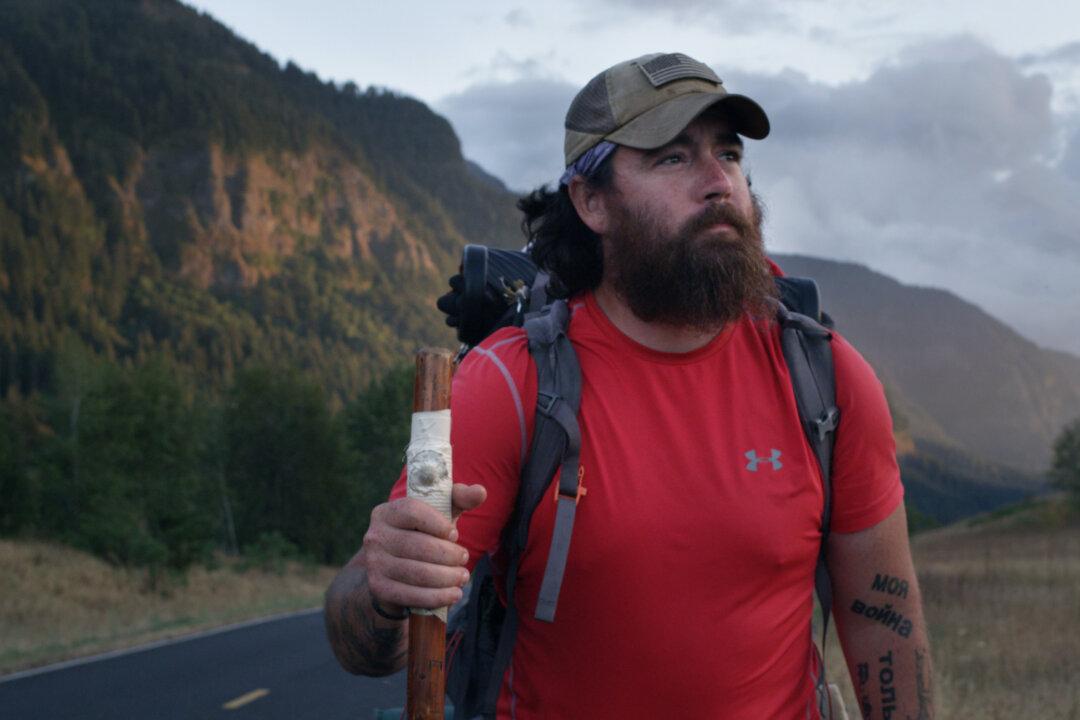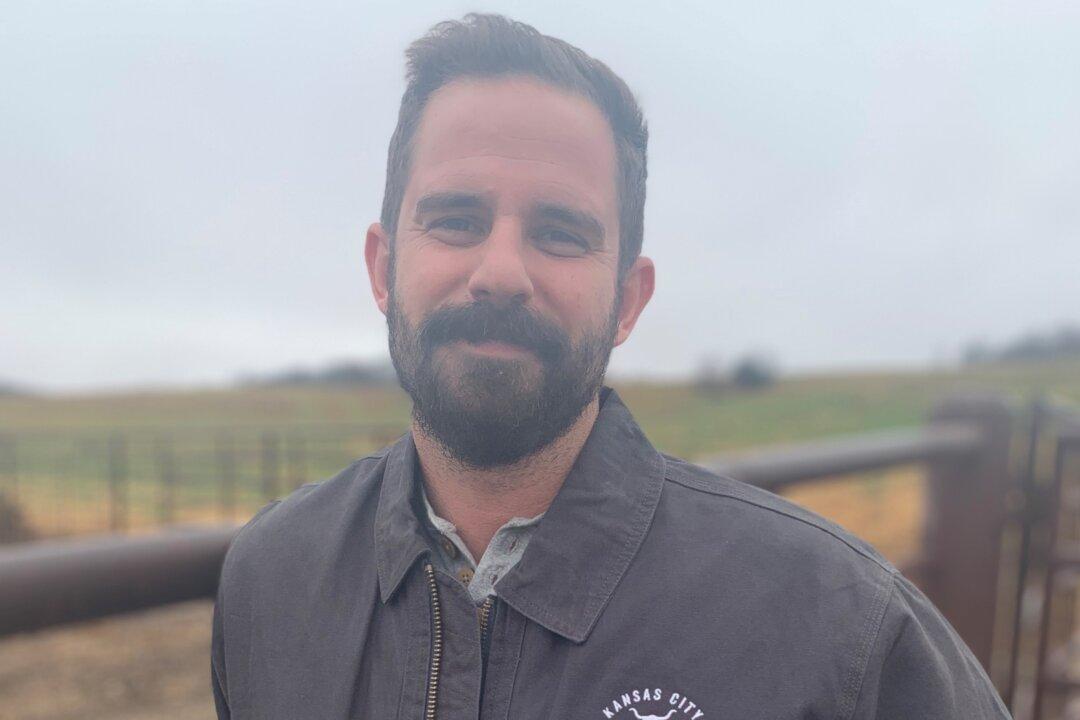NEW YORK—Making collages and hosting art exhibitions are not things you usually associate with young men in trouble with the law. But for the past few years these creative endeavors have been helping turn around the lives of teens who may otherwise have faced jail.
Daniel Aguilar was one such teen. He was arrested for a misdemeanor and faced the prospect of having a criminal record before he turned 18. When offered a second chance through a restorative arts program, it was the turning point he needed to rise above his mistake.

